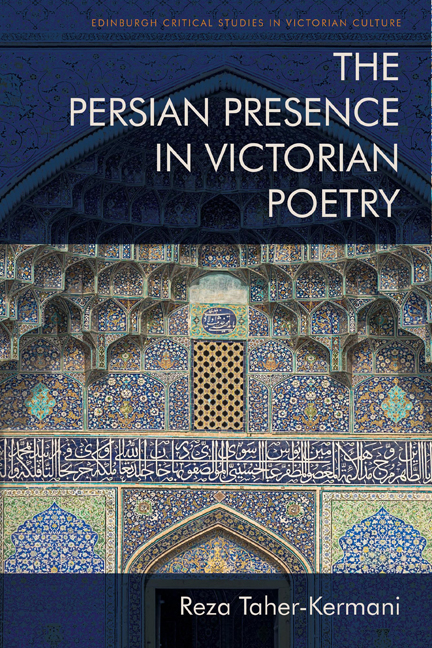Book contents
5 - Ferishtah's Fancies
Published online by Cambridge University Press: 05 March 2024
Summary
Ferishtah's Fancies was a work of Robert Browning's old age, the first of the three volumes he published after he turned seventy, before his death in 1889. All these volumes, but especially the first two, Ferishtah's Fancies (1884) and Parleyings with Certain People of Importance in Their Day (1887), were reflective works, in which Browning revisited the major themes and imaginative locations of his life and work. But they were also characteristically restless works, formally complex and innovative, and polemical in spirit. They contained some of Browning's least engaging writing: dense, prickly, mannered, full of a kind of late-Browning poetic lingo which is not quite demotic and not quite high art. Oddly enough, Ferishtah’s Fancies was a success when it was first published; it was the only volume Browning ever published to be reprinted twice in a year. But this success did not last beyond the First World War, and in modern critical terms it is probably the most neglected of all his work. There are good reasons for this. When you know that Henry Jones based most of his 1912 book, Browning as a Religious and Philosophical Teacher on Ferishtah's Fancies, you can guess what is coming. To Jones, what was earnest, profound, and consoling about Browning’s ideas was exactly what the next generation rejected with a kind of nausea. Since these ideas no longer came clothed in the verse that had enraptured the Pre-Raphaelites, the verse of Men and Women (1855), Dramatis Personae (1864), and even The Ring and the Book (1868–9), it failed utterly to make its way into the twentieth century, and has lain buried.
As a poetic entity, Ferishtah's Fancies might not have the artistic value of an unread masterpiece like Sordello (1840), or an odd, difficult, dangerous poem like Fifine at the Fair (1872). But it is still a fascinating poem, full of thought, as opposed to thoughts, permeated with complex theological teachings and shaped by Browning's passionate undimmed creative intelligence. This imaginative creativity is spread across the poem but is least tangible when it comes to the Persian fabric of the poem. This is mostly because Browning himself never claimed this facet of his poem to be integral or authentic – which was rather unconventional at the time, as most of his contemporaries would state the opposite, however Oriental their work was.
- Type
- Chapter
- Information
- The Persian Presence in Victorian Poetry , pp. 174 - 203Publisher: Edinburgh University PressPrint publication year: 2020



